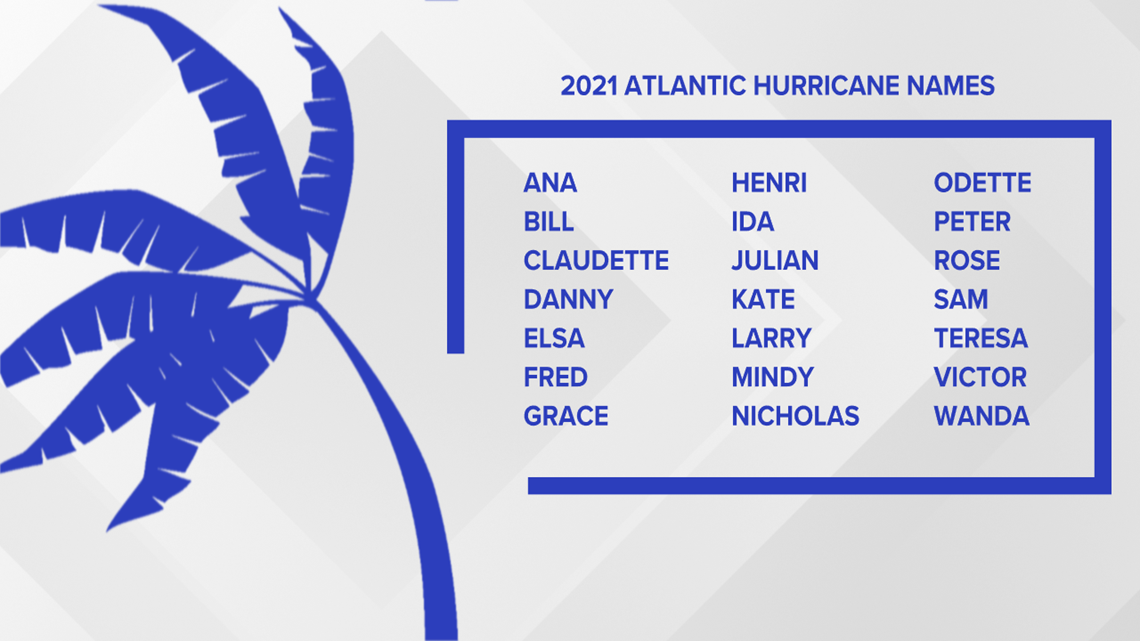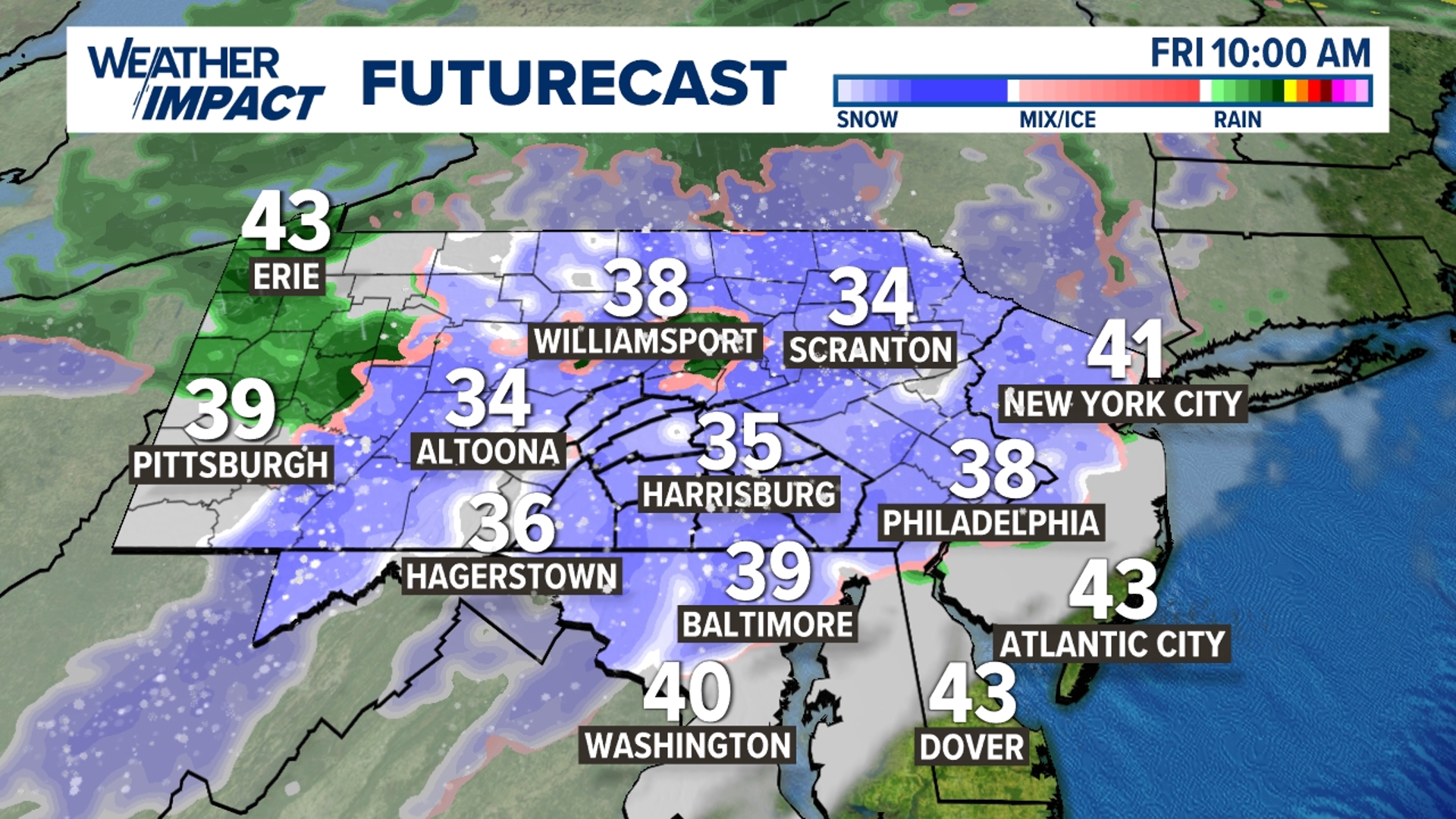It has been an extremely active few years in the tropical Atlantic, and it looks like that trend is set to continue in 2021! NOAA officially released their forecast this afternoon at 12:30 EST, an outlook that features another season with above average activity in the Atlantic Ocean.
How do hurricane specialists come up with these numbers, and why should Pennsylvanians care?
To answer the first question, NOAA based their outlook on a few different factors.
First and foremost, sea surface temperatures in the Atlantic Ocean are above average, meaning more energy for hurricanes to form.
Secondly, La Niña conditions have weakened over the past few months in the Pacific Ocean. This means that below average sea surface temperatures have returned to normal, along with weaker trade winds and less shear that normally would weaken tropical systems.
This is why they have used the term El Niño Southern Oscillation "Neutral".
While 2021 should be a busy year for hurricanes, it most likely will not be as crazy as 2020. The La Niña pattern that was present in 2020 was one of the strongest and most influential we have seen in a decade.


Now to the second question, why should Pennsylvanians care?
Well, if we look back on last hurricane season, many people along the east coast, including Pennsylvanians deal with flood threats every year. We are close enough to receive strong winds and heavy rain from hurricanes, even if they aren't as strong as when they first hit the coast.
Hurricanes have historically caused significant damage to The Keystone State. Hurricane Sandy, which tore up the east coast, caused more than 16 million dollars worth of damage in 2012 just in PA alone.
Lets push back another year, to 2011 where Hurricane Irene slammed Pennsylvania with heavy rain and strong winds, only to be followed within weeks by Tropical Storm Lee which killed at least 12 people.
Total damages from Hurricane Irene and Tropical Storm Lee added up to a whopping 425 million dollars in losses.
We need to treat every season the same, as there will always be a risk living in a state that is close to the coast. Make a hurricane safety plan, keep supplies at the ready, and study up on evacuation routes.
- Meteorologist Greg Perez



